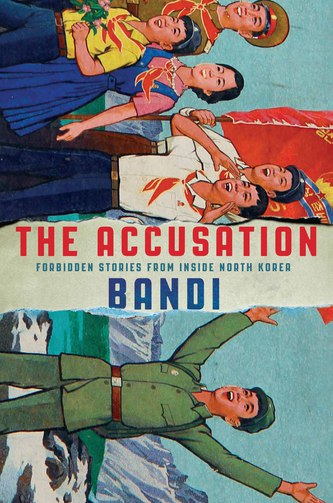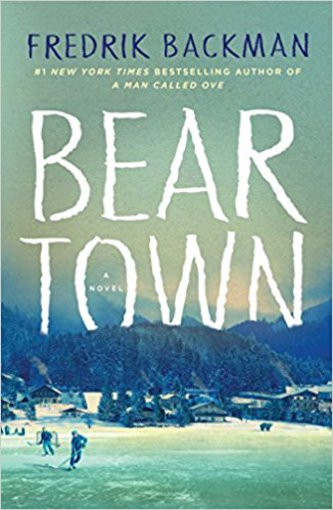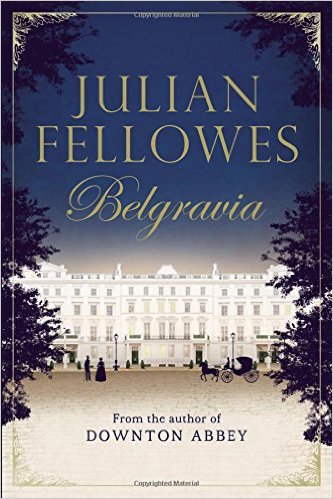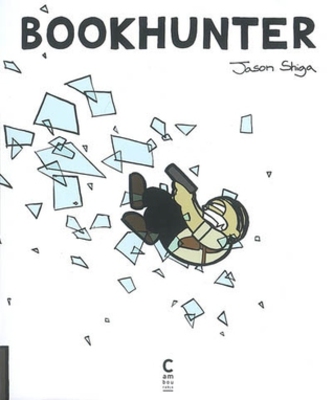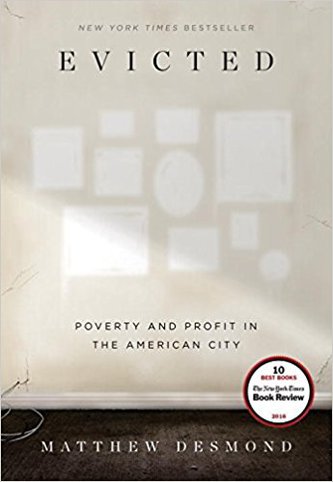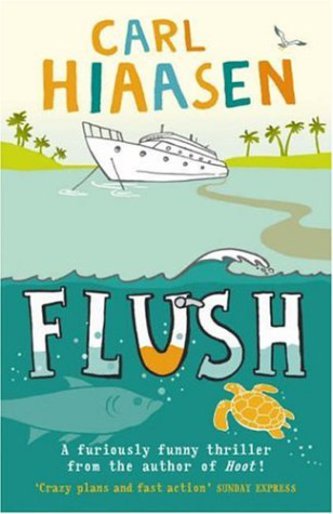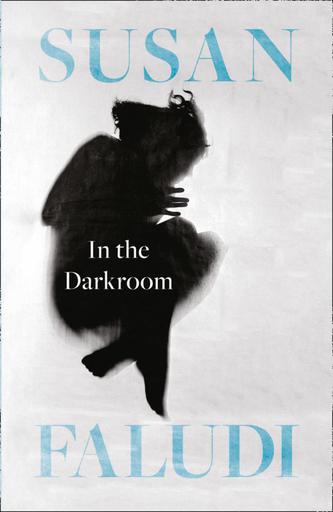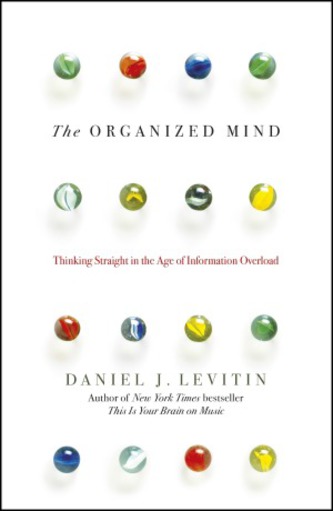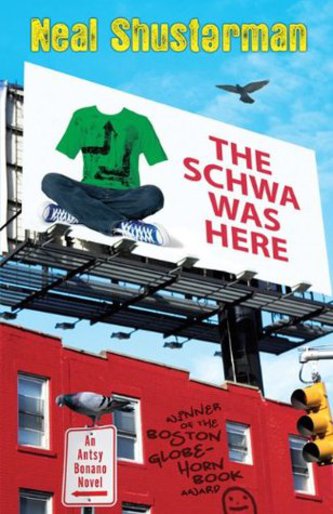Fanfare: The Magazine for Serious Record Collectors
Dean Rowan, Director Reference and Research Services
During the ‘90s I worked at a public library where selection of classical music recordings for the collection was among my duties. I read every bimonthly issue of Fanfare for business and pleasure. When I left in 2001, I lost my employer-subsidized access to the magazine. Now in 2017 I have finally ponied up for a personal subscription, of which two issues so far have arrived. After sixteen years, I’m delighted to encounter it again. Some of the reviewers of old remain, some have departed, and new reviewers have joined the roster. As before, the reviewers are the heart, soul, and brains of Fanfare.
First, a note about nomenclature. If Fanfare is a “magazine,” then Gateau St. Honoré is a “muffin.” The most recent issue is eight pages shy of a whopping 600, encompassing hundreds of reviews of new recordings on multiple media, and more than a dozen articles spotlighting musicians and composers, each including reviews of recordings of their work. Reviews run a few paragraphs to a few pages.
The reviewers are deeply knowledgeable and opinionated musicians, scholars, and enthusiasts who recount summary histories and characteristics of works, recordings, composers, performers, performances, and performance practices to set a background for judging the release under review against the competition. Critical observations are both subjective and objective. Reviewers approach each new recording (or reissue of an old recording) in a spirit of charity and eager appreciation, but they do not pull punches. Of a 2008 live recording of Dvořák’s Symphony no. 9 a reviewer writes, “The New Cologne Philharmonic is a puppy. Everything is properly connected. But the hindquarters and forepaws don’t always consult one another.” (In a past issue a review of a New Age-y piano recital concludes, “This is a music journal and it is the music that we judge: Awful. Insulting to the intelligence. Bland. Useless. Avoid.”) Nor are the reviewers always in agreement. One complains about a new release of Lalo’s Symphonie espagnole,
[T]he more I listened to [the solo violinist’s] Lalo, machine-like was exactly how it sounded to me…. It has all been pre-programmed and carries out its set of instructions like a computer executing lines of code. Take the rhythmic component, for example. Never mind setting your watch by it; it’s so exact and rigid it could set the atomic clock.
…while another waxes, “This is an inspired CD in every way…. I don’t know what it tells one to say so, but I’ve been listening to this piece for 44 years—and I’ve never liked it so much as today.”
Every issue of Fanfare is a musical education, and an entertaining one at that. Echoing reviewers when they celebrate a superlative release, I declare Fanfare “Urgently recommended.”
